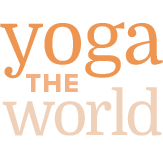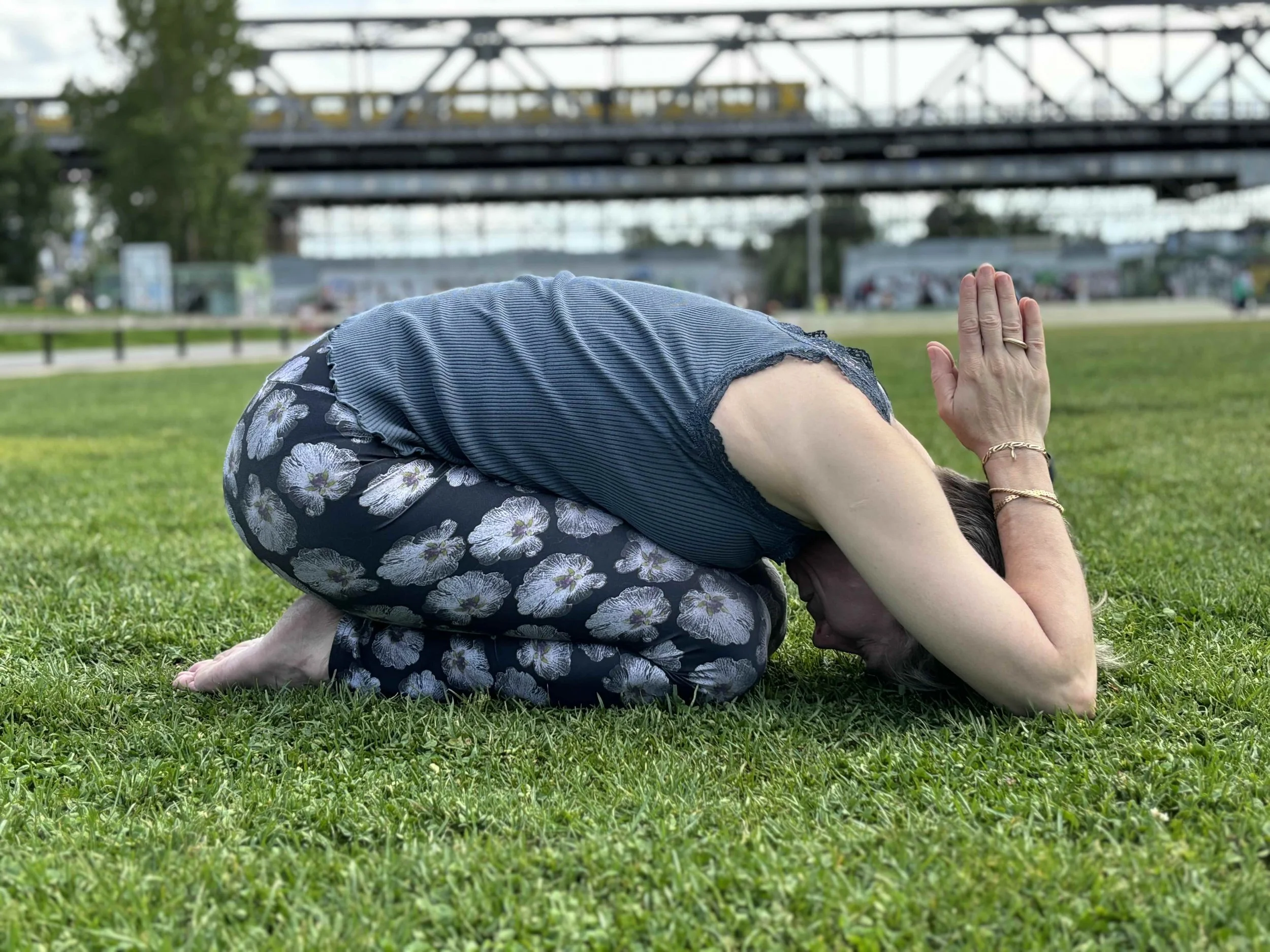Grieving is also a privilege
Last week, I logged onto social media after a hiatus to find that a friend I hadn’t seen for years had recently died from cancer.
I marvel at the privilege of this sentence. One friend had died. From cancer. I learned over social media.
What if death was physically present, all around me, every day? What if this was not one friend, but entire families, neighborhoods, generations? What if the death wasn’t caused by disease, but rather wanton destruction, deliberate cruelty, targeted murder, the will to kill? The depth of loss would have been amplified by millennia. I find the enormity of that grief hard to fathom, or even hold as a truth. I can only touch it for a moment before I again turn to the more tangible sadness at hand. My friend. Dead. From cancer.
I think that’s what happens to some of us as we doomscroll through another day’s disastrous news. It’s just too heavy to hold, and so those of us with the privilege to set it down, do. We worry about other things: rent and dinner and childcare. Dead in single digits. Disasters at a scale we can contain.
The question I am sitting with is not whether this compulsion is human — I believe it is — or even necessary to function — I think it might be that too at times. The question I am sitting with is this: when does this privilege contribute to the decline of empathy and faith?
In many ways, we were never meant to even know about the suffering of those halfway across the globe. Our nervous systems were built to deal with more present dangers. Predators. Natural disasters. Elements that affect our ability to stay alive right now, where we are. Forcing our amygdala to react to dangers that only indirectly affect us on a daily basis is part of what has created an epidemic of anxiety and woe. Seen in that light, turning off the newsfeed is an act of radical selfcare, a way to return to our bodies and be present where we are.
Then again, we also were never meant to be able to live our lives in a manner that causes indescribable suffering to those we don’t even know. I think of someone turning away from the suffering of others so hard and so long that the carbon footprint and monetary outlay of a mass wedding in Venice appears OK, never mind rising water levels and extreme poverty that might have been alleviated at a fraction of the cost. Maybe the answer to my question is a one-two punch: if we are allowed to make those half across the globe suffer, even indirectly, we cannot be allowed to ignore the suffering we cause.
I pray there is a way to hold onto both empathy and sanity, to be in these ancient bodies without sacrificing humanity and love. My friend is gone, and I am deeply grateful for the space, the privilege, I have to grieve in peace.

